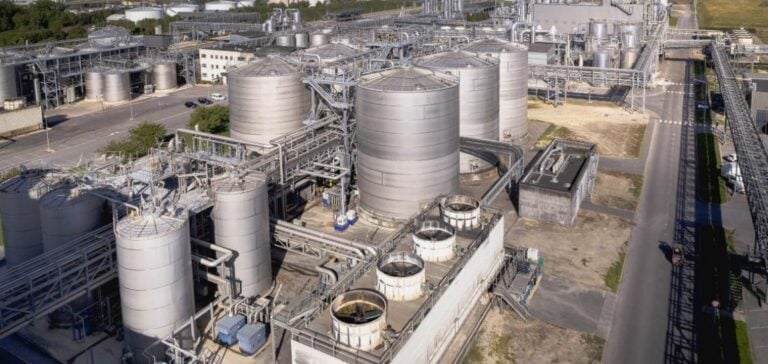French nuclear start-up Jimmy plans to set up its first SMR at Cristanol’s Bazancourt site, operated by Cristal Union. This site, classified as Seveso high threshold, processes hazardous substances to produce alcohol and bioethanol. The project, still subject to government approval, could significantly transform the energy supply to local industry.
Reservations and concerns
During a March 28 meeting of the French High Committee for Transparency and Information on Nuclear Safety (HCTISN), this project was presented to members, without initially naming the manufacturer concerned. Upon inquiry, the Jimmy start-up confirmed the name of the interested industrial customer, while specifying that the project remained subject to “a lengthy appraisal process by the authorities”.
Official declarations and approval process
“Jimmy has launched a feasibility study for an installation of this type on the Bazancourt / Cristanol site. This project is necessarily subject to validation, by the competent authorities, of all the safety and security guarantees”, the company told AFP. Questions have been raised about the safety of these small reactors, with mixed reactions to their presentation.
Committee feedback and future planning
Christine Noiville, President of the HCTISN, pointed out that “the HCTISN organizes information sessions on this subject precisely so that it can be addressed in all its dimensions and with complete transparency”. Jimmy plans to “submit a request for authorization to create (DAC) by the end of the month”, to the French Ministry of Ecological Transition, which will then have to refer the matter to the French Nuclear Safety Authority (ASN) for appraisal.
Scheduled for submission on April 22, “Jimmy” would be the first SMR project to enter the regulatory phase in France. Jimmy’s helium-cooled, 20-megawatt thermal “micro-reactor” is designed to supply “decarbonized” heat to industry, which is currently a major consumer of fossil fuels, by 2026.





















